Vitamin D (Calcitriol) – History, Biochemical Functions and Deficiency Symptoms
Vitamin D is a fat-soluble vitamin that resembles sterols in structure and functions like a hormone. Vitamins D2 and D3, on their own, are not biologically active. The body metabolizes them in the same way and converts them into active forms.
Calcitriol, or 1,25-DHCC, is the active form of vitamin D that regulates calcium and phosphate levels in the blood. Calcitriol (Vitamin D) works in the intestine, kidney, and bone to keep blood calcium levels normal.
History of Vitamin D
Researchers have known about the link between Vitamin D and rickets for centuries. In 1924, Hess found that ultraviolet light could prevent rickets. Angus isolated Vitamin D in 1931 and named it calciferol.
Biochemical Functions of Vitamin D
1. Action of Calcitriol on the Intestine: Calcitriol helps your body absorb calcium and phosphate from your intestines. This can help improve your overall health and well-being.
2. The action of Calcitriol on the Bone: In the osteoblasts of bone, Calcitriol plays an important role in calcium absorption and phosphorous metabolism. By stimulating calcium uptake, calcitriol helps to ensure that calcium is deposited properly in the bones and teeth.
3. The action of calcitriol on the kidney: Calcitriol also helps reduce the amount of calcium and phosphate lost in the urine. It does this by making it harder for the body to get rid of these minerals and by helping the body absorb more of them from the blood back into the bones and cells.
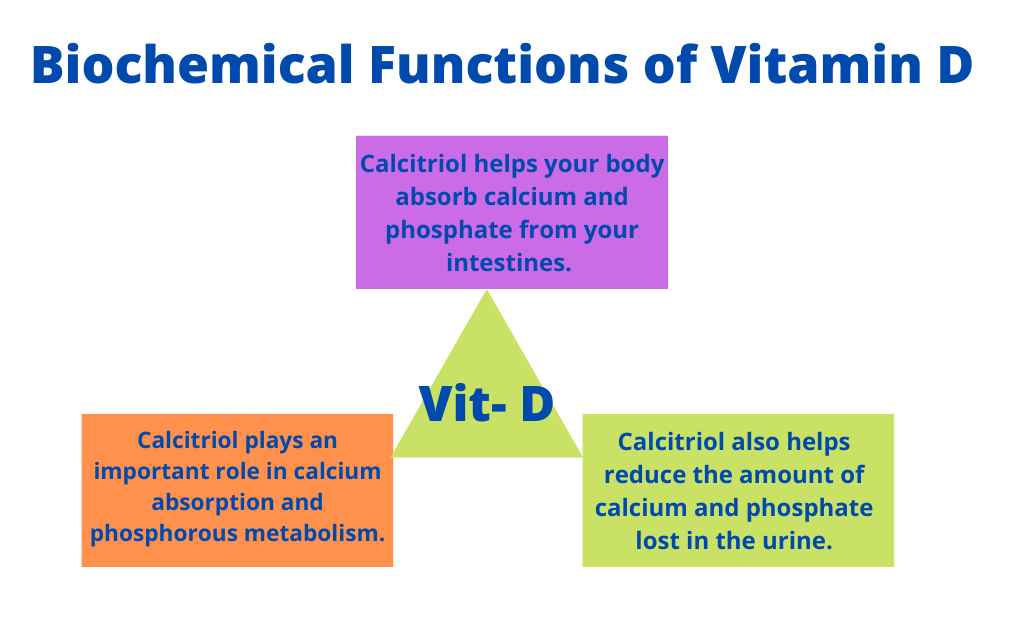
Dietary Sources of Vitamin D
There are three ways that the body can get vitamin D:
Exposure of skin to sunlight, consumption of natural foods, and irradiating foods that contain precursors of vitamin D. Fortification of foods (milk, butter, etc.) is also a way to get vitamin D.
Deficiency Symptoms of Vitamin D
Vitamin D deficiency is something that people don’t have to worry about, because this vitamin can be created by the body. If you don’t get enough sunlight or if you don’t consume enough vitamin D-rich foods, you may become deficient in vitamin D.
This can happen to strict vegetarians, chronic alcoholics, people with liver or kidney disease, and those with fat malabsorption syndromes.
The deficiency of vitamin D causes
- Rickets in children
- Osteomalacia in adults

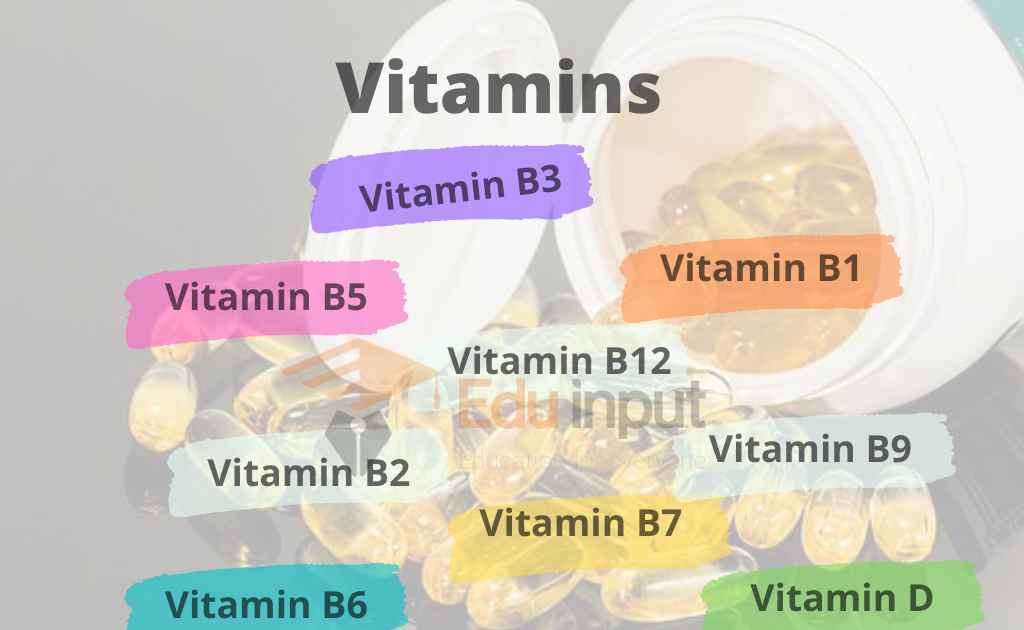
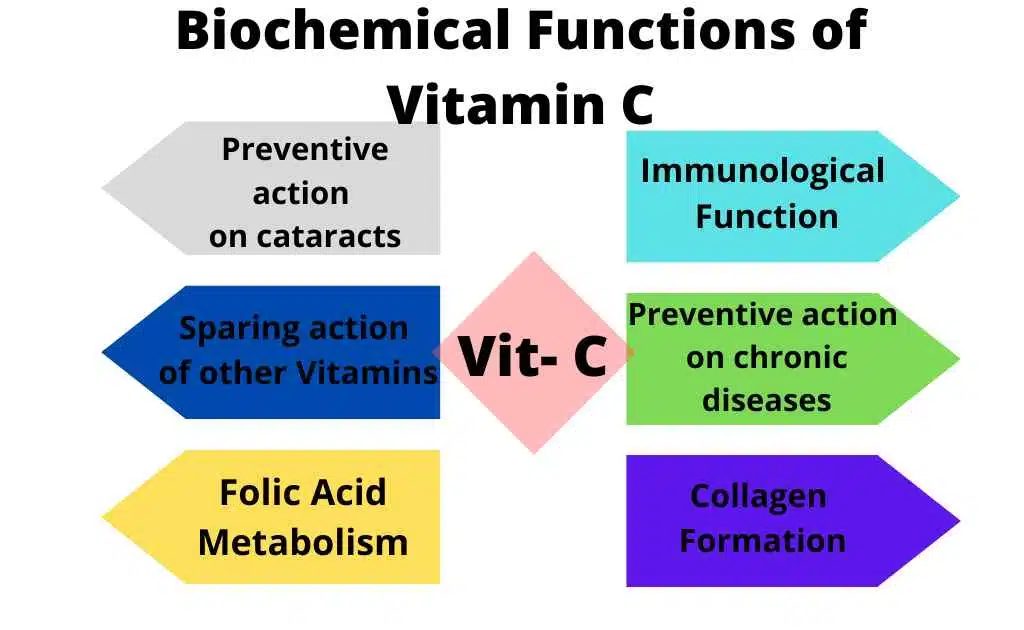
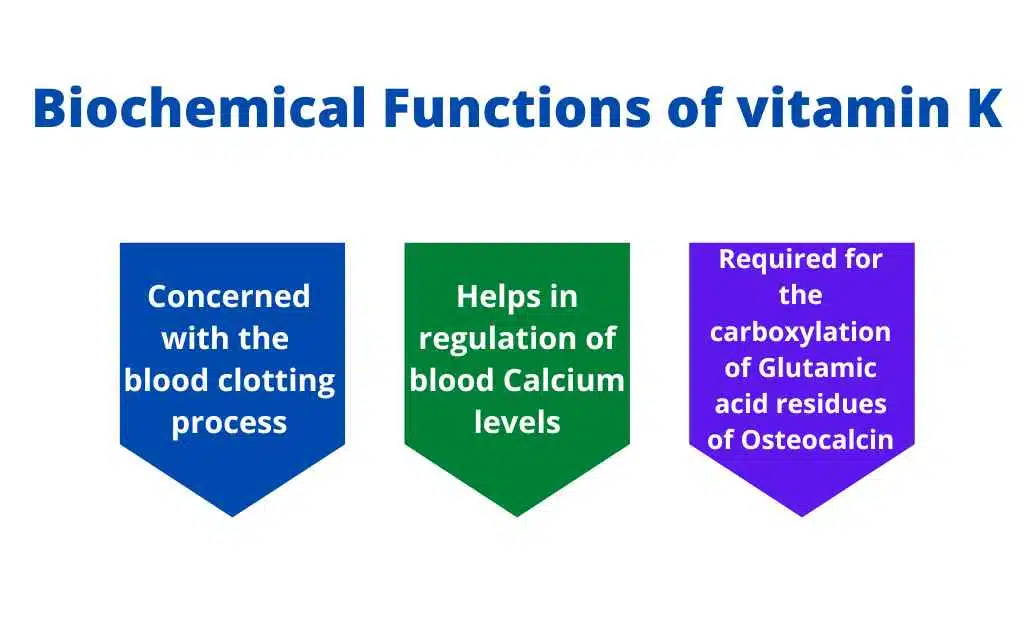
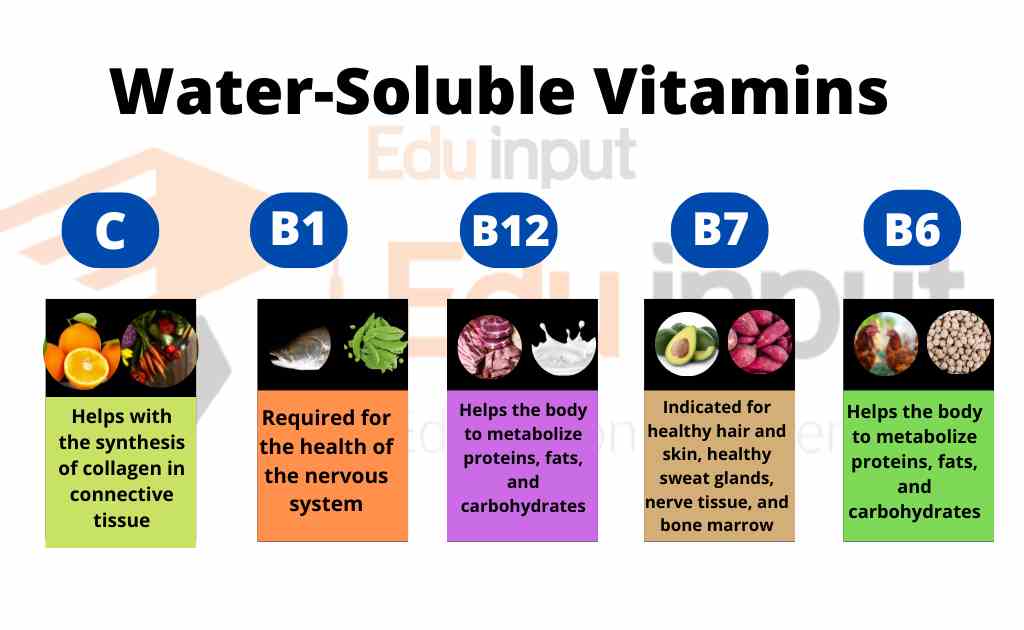


Leave a Reply